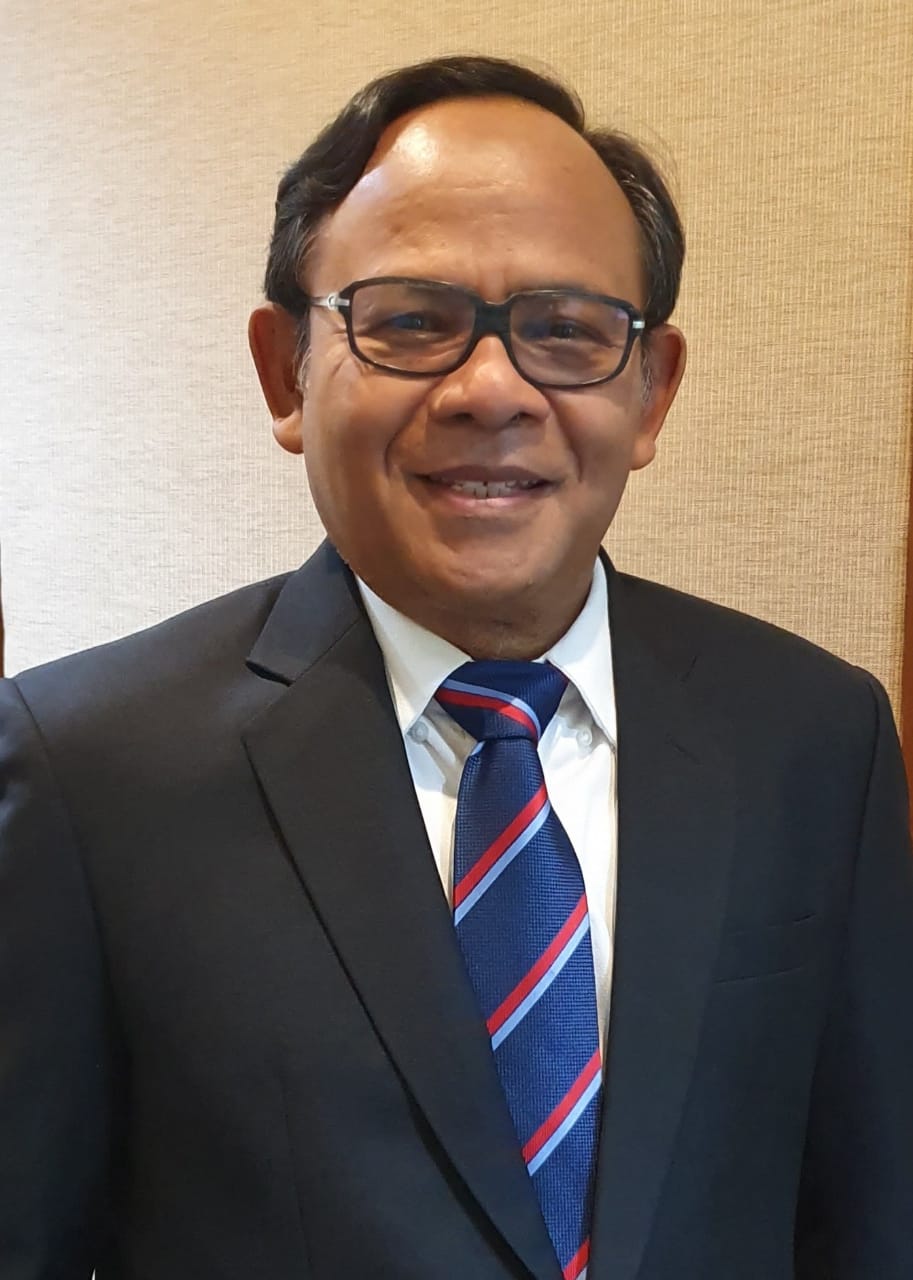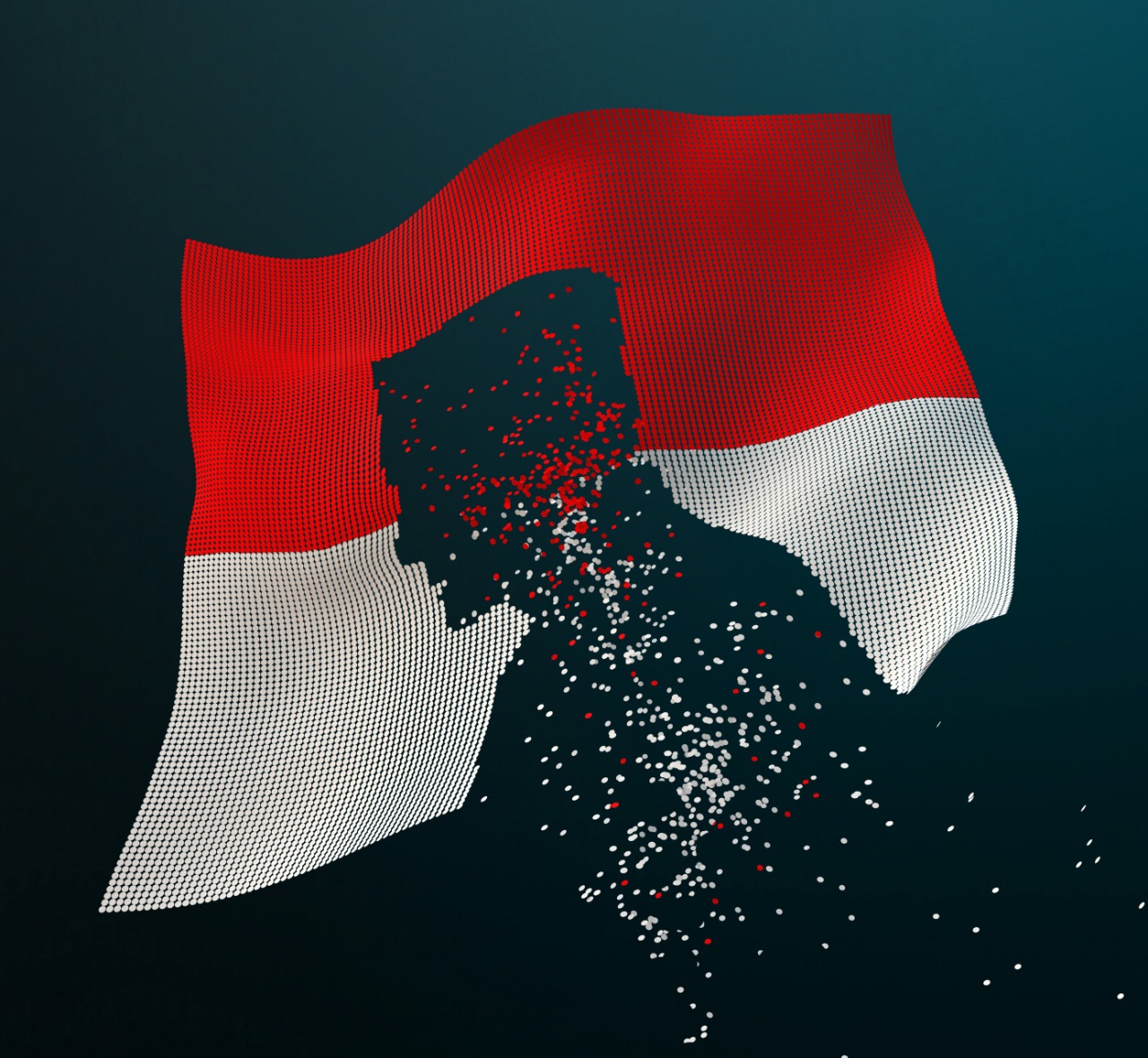Indonesia Has Lost One of Her Best Sons: Buya Syafii

Indonesia has just lost one of her best sons after the passing of Prof. Dr. Ahmad Syafii Maarif, who is also familiarly called Buya Syafii. Ever since the announcement was made on Friday, May 27, 2022, the media has been flooded with condolences and prayers from all over the world. Crowds of people from various places came and gathered at the funeral home in Yogyakarta to pay their last respects to Buya Syafii. It is obvious that this Muslim scholar and intellectual holds a very special place in the hearts of many Indonesian people. There is a saying that the significance of a person's life can be seen from the response of other people when that person passes away.
The fact that there are so many people, both Muslims, and non-Muslims alike, mourning for the passing of Buya Syafii, certainly shows that his charisma and influence have been deeply ingrained in the minds of the people, including interfaith communities. Although Buya is known as a Muslim scholar, that title does not become a barrier between him and other groups. For Buya, Islam is a religion of humanity. A religion that pays great attention to human relations regardless of their religion, culture, ethnicity, and nationality. For him, the basis for human relations is clear, namely the Holy Book of the Qur'an and the Sunnah of the Prophet which both emphasizes the importance of “adab” (ethical manners).
There are many verses in the Qur'an that tell us to be gentle and merciful, to live in harmony despite our differences—arguments with those from different faiths must be done in a polite way, as well as orders to guard houses of worship of other religions even in conditions of war. It shows that Islam is truly a religion of “rahmatan lil 'alamin”—mercy to all creation, not just for the Muslims. And that is exactly what we see from the figure of Buya Syafii. He was born as a Minangkabau, grew up in a solid Muhammadiyah environment, and even became a General Chairman of PP Muhammadiyah at one point, and was widely known as a Muslim scholar. But time has proven that he does not only belong to the Minangkabau people, Muhammadiyah, or Muslims only. He belongs to the whole society because his work during his life transcended those barriers. It is not easy to be someone who can reach such a level, as they must be able to carry weights that only a few can bear. During his life, we know that Buya Syafii always tried to maintain a balance between attitudes and views that can easily become harsh and rigid among Muslims.

The nation mourns after the loss of Buya Syafii
Buya Syafii was well aware that religion is easy to be politicized and used as a tool to incite hatred, hostility, or even conflicts among the people. When opportunist politicians take electoral advantages by playing on religious issues and pitting people against each other, Buya Syafii comes to defend moderate Islam. At the same time, he also criticizes the tendency of Muslim fundamentalism and radicalism. For him, fundamentalism and radicalism are the trash of civilization that will not lead this religion to progress. On the contrary, it only makes Islam rigid, enclosed, and harsh which is contrary to the nature of Islam as an open, progressive, and even scientific-driven religion. With his very strong vision of nationality, Buya Syafii also became a defender of Pancasila as the nation’s unifying ideology and the best state foundation for a pluralistic nation.
On that basis, he firmly rejected the concept of a caliphate or a state based on religion. His dissertation work at the University of Chicago on the relationship between Islam and Pancasila became an important reference for the study of the concept of the modern state, as well as a historical and moral argument for Muslims to accept Pancasila. It is hard to imagine what would happen if there were no Buya Syafii among Indonesian Muslims. He has given a clear color in the development of Islamic intellectualism and intellectuals who are actively involved in the actual problems of the ummah as well as the nation. His attitude and views often contradicted the public's expectations, making him subject to blasphemy. Some even label him as a disbeliever, but he never flinched. He remained to take a stand in what he believed would benefit the nation.
Among the leaders of his generation were Nurcholish Madjid and Abdurrahman Wahid who also had already passed. They were both nicknamed “the Master of the Nation”. This nickname is also later pinned on Buya Syafii because basically the three of them played the same role: a place to ask, a place of refuge, and a teacher that gives advice when the nation is facing critical problems. We are all saddened by the passing of Buya Syafii. But there is a more important thing to do than mourning and dwelling on this sadness, and that is to continue what he has started. And this is perhaps the best prayer that we can offer for him.